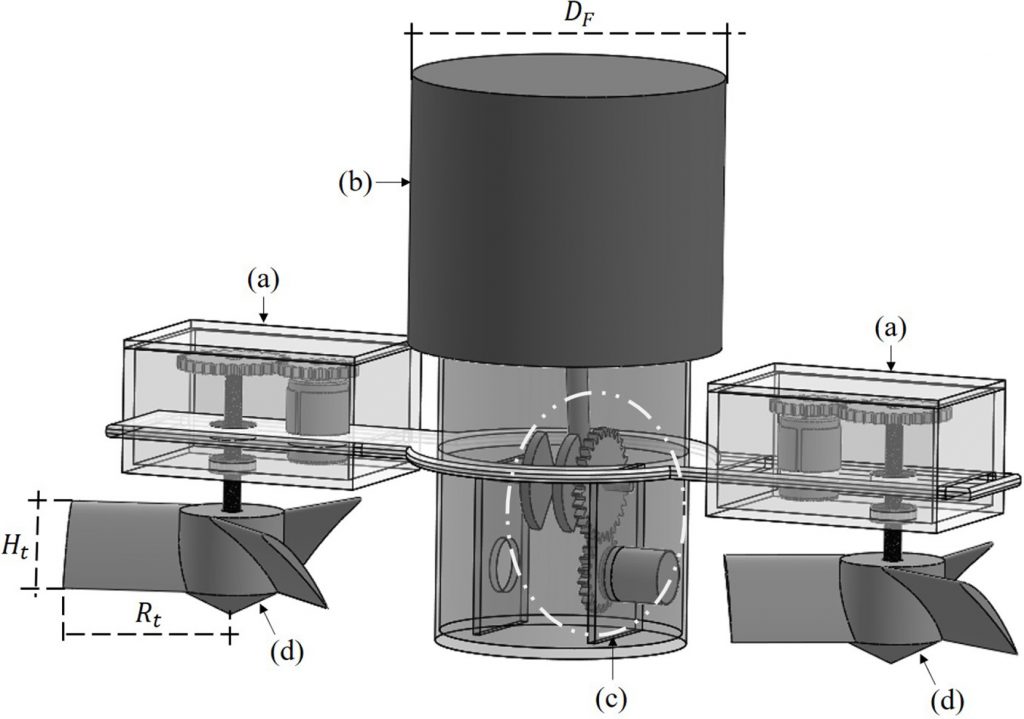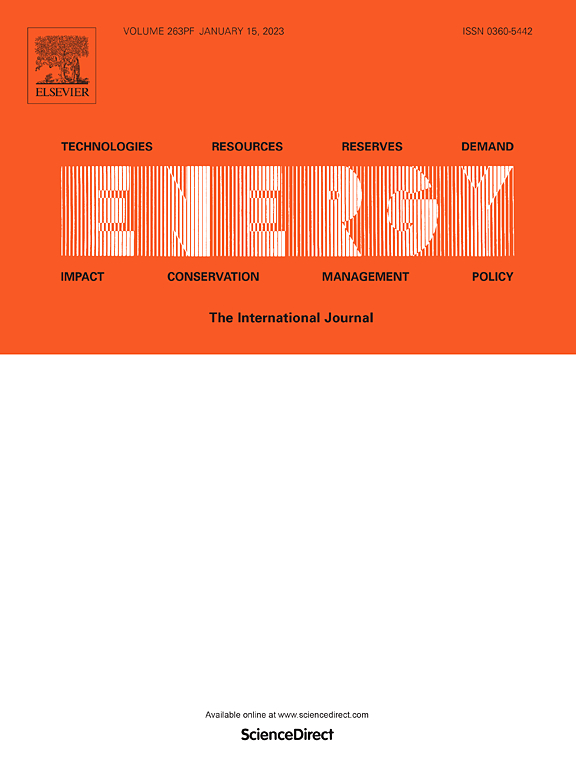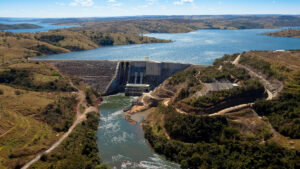One of the current biggest hurdles to harnessing renewable energy resources is their intermittent nature. Hybrid energy conversion minimizes intermittency by diversifying energy production. This work presents a conceptual design of a hybrid energy conversion system for ocean currents and waves on a shared platform: TIWAG (Tidal-Waves Generator). The power converter consists of two turbines and a float, each connected to a Doubly-Fed Induction Generator. We use a detailed bond graph methodology to develop the mechanical and electrical systems’ dynamical modeling and apply a rotation control strategy for the hydrokinetic turbines and float. The system’s operational feasibility is analyzed numerically for different tidal current speeds and wave heights –in loco data collected in São Marcos Bay, on the coast of the state of Maranhão, Brazil. Due to the addition of the float device to the structure with two turbines, the system goes from producing 209.2 kW to 300.7 kW without an increase in the occupied area, converting 32.6% of the available energy in the ocean currents and waves into electrical power. The different energy sources in the system complement one another to reduce intermittency, increasing the stability in energy production by 20%–30%.






